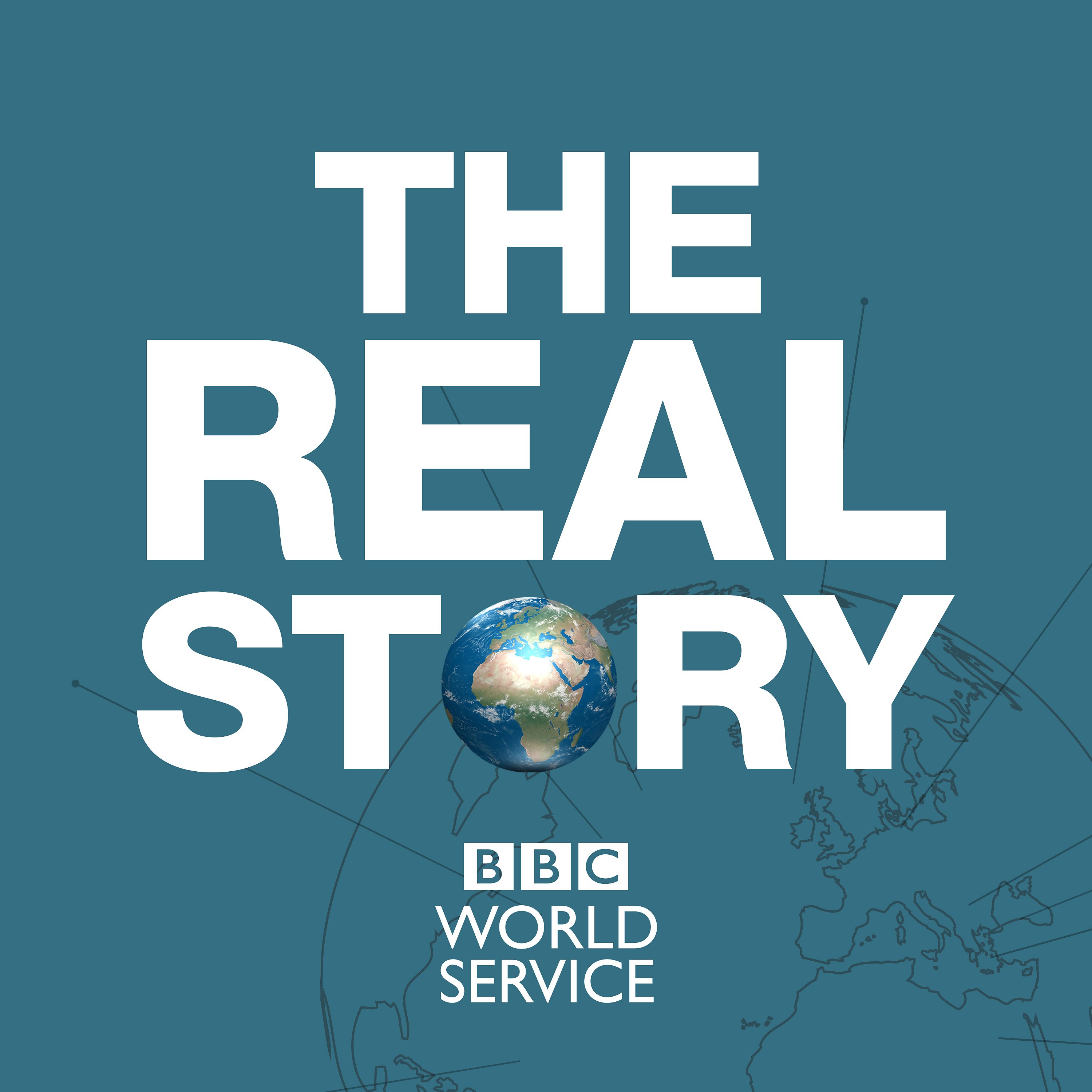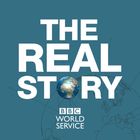
The Real Story
Sep 1, 2023
Lucy Letby worked on a neonatal unit in England. Dr Stephen Brearey - the lead consultant on the unit - raised concerns in October 2015. Whilst no one knew she was killing some of the babies in her care, Dr Brearey hoped his concerns, and those of - in the end - seven of his fellow senior doctors, would be taken seriously. Instead, senior managers at the Countess of Chester Hospital seemed to him to be focused on potential reputational damage to the organisation and were, for some time, reluctant to involve the police.
At her trial Letby was found guilty of seven murders and six more attempted murders. Worse still has been the realisation that two of the victims may not have died if the concerns had not been ignored.
This isn’t the first time the UK’s National Health Service has been accused of not listening to whistleblowers but as an organisation it is by no means alone. From international banks to car makers to health tech start-ups, whistleblowing is not always welcomed with open arms.
So why is whistleblowing - the act of disclosing information about wrongdoing in an organisation - still so difficult to do? What’s at stake for those who choose to speak out and is there enough protection? Historically, organisations appear resistant to whistleblowers - but should they instead be actively encouraged?
Shaun Ley is joined by:
Anna Myers, director of Whistleblowing International Network
Kyle Welch, assistant professor at the George Washington University School of Business
And Narinder Kapur, Professor of Neuropsycholgy at University College London
Also featuring:
Dr Stephen Brearey, lead consultant on the neonatal unit where Lucy Letby worked
Thomas Drake, a former senior executive at the National Security Agency, the United States' electronic espionage service
Photo: American economist and whistleblower Daniel Ellsberg addresses the media during a recess in his trial at the Federal Courtroom in Los Angeles, California, 10th May 1973. Ellsberg was accused of illegally copying and distributing the Pentagon papers relating to the Vietnam war. Credit: Bettmann Archive/Getty Images
Produced by Pandita Lorenz and Max Horberry

